Marketing Costs: What Should You Spend on Blog Posts?

There are a lot of different articles on the web about how much it costs to blog. Some consider every cost, from web hosting and domain registration to image licensing to Google Ads. Some of them are narrower and concern themselves primarily with the costs of creating new content for a site. The cost estimates vary wildly, as well.
What's the truth?
One of the generally quoted figures is $100 for a blog post. Some of you balk at that number and think it's too high. After all, you can go to Fiverr and get a post written there, right? On the other hand, some of you might recognize that number as being far too low for good quality writing.
The fact of the matter is that there are a bunch of different costs associated with blog posts, some of which are "hidden."
What do I mean by hidden costs? Well, there are a handful of factors that influence the cost of a blog post, but which might not come up in a typical conversation about costs. So, let's discuss those various factors, and figure out how much you should aim to spend on each of your blog posts.
Word Count
One of the primary factors in determining the price of a blog post is the word count. How long should your blog posts be?
A couple of years ago, I performed a case study scraping top-ranked content across the internet and analyzing the word count of that content. What I found is that the average blog post tended to range from 1,000 to 1,350 words in length. Moreover, trends are increasing; those same figures were 200-300 words shorter several years earlier.
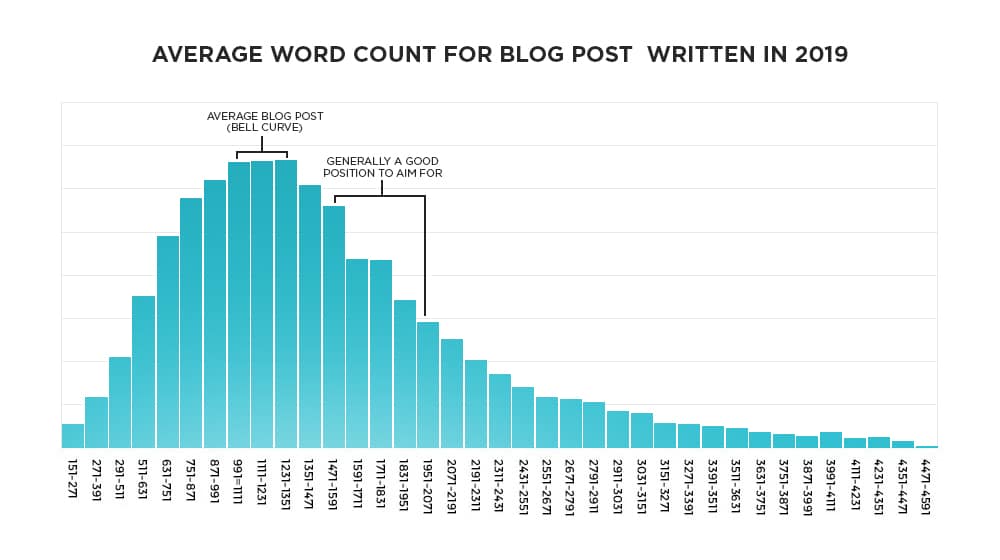
If you've read other blog posts I've written about the subject, you've probably seen me mention 1,500 to 2,000 as the figure to aim for. It puts you slightly ahead of the bell curve, and "just above average" is generally a good position to aim for.
I aim for 2,000 to 3,000 words for my clients, which has served as a good sweet spot with room for depth and detail, and longevity to future-proof the blog. For this blog, I do the same thing, with a few exceptions. I know what works and how many words a particular blog post needs to be, and what it takes to reasonably compete.
The longer you want your blog posts to be, the more expensive they will be. You'll encounter higher rates for pay-per-project writers, and pay-per-word writers may even charge more for a longer blog post. It's worthwhile, but it's more expensive. As always, though, you get what you pay for.
Word count isn't everything, but in this industry, a lot of pricing structures are centered around word count.
Quality Level
The quality of a blog post, I find, is tied somewhat to the length of the post, and also to its depth and breadth of coverage. Media is another factor. If you're hiring a full-service agency, the level of optimization and research is yet another factor.
What makes a blog post high quality? Some factors are mechanical, like competent fluency with the language, a lack of technical and grammatical errors, and proper formatting. Others are more intangible, like depth of coverage, nuggets of wisdom, and tweetable statements.
The less you pay for a blog post, the lower quality it will generally be. Remember, your writers are calculating how much time they should spend on your project. They're considering how much time it takes to write a post and how much time they can spend on research.
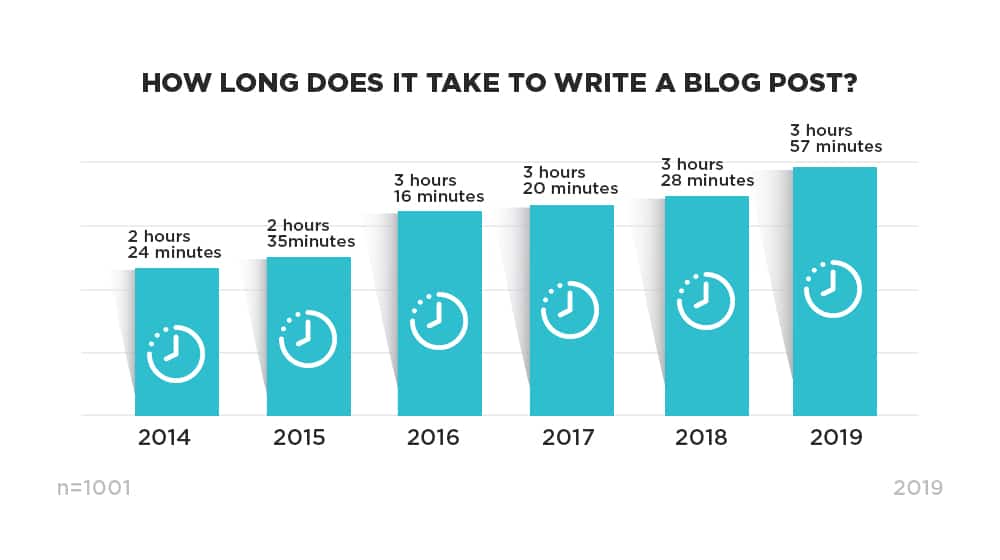
Experienced writers can write faster but they generally charge more. Subject matter experts can write more detailed content, but cost more to hire.
Keep in mind, this is just the time it took people to write an article on average. This doesn't factor in the time it takes to research your topic, the time it takes to create images, to format and upload the article, or any of the other steps that you shouldn't be skipping. Plus, to reasonably compete, you should be doing more than the "average".
I tracked the time it took to create this blog post, which we'll get to in a bit.
Expertise and Topic Knowledge
One of the primary hidden costs of blogging is in research, expertise, and knowledge. I know a lot about marketing, and I still wouldn't consider myself a top-tier expert. I research subjects, I investigate theories I've never put into practice, and I still have a lot to learn, especially as the industry continues to evolve.

Hiring an expert has a cost - so, too, does the legwork you do to learn. Paying for SEO software to research relevant topics and keywords has a cost. Tools for competitive research have a cost. Building buyer personas, working on in-content branding, topic ideation; it's all costly.
One key to remember (and something I'll talk more about later) is that time is money. You can spend money to save time, or you can spend time to save money, but you have to make that calculation; you can never get both.
Originality
New headlines hit the internet every few months about how this latest machine learning algorithm has written a blog post, and how this blog post is indistinguishable from content written by humans.
"AI is changing the face of content production!"
While this may be true, the reality is that no machine learning algorithm can synthesize new ideas, new concepts, and new thoughts. It can put together words and phrases it finds elsewhere (in its training set), and it can produce content that passes Copyscape and appears original, but the ideas expressed in that content will either be 1: repetitions of ideas found elsewhere, or 2: not necessarily reflective of fact.

An AI can assert that the sky is green, and you can believe that it's expressing a unique idea, but that idea isn't true. It takes human verification of ideas to make them into real, worthwhile concepts. Originality costs money because it can't be automated. It takes time, research, expertise, and creativity.
Editing and Proofing
Another source of expense in content production is editing, proofreading, and general oversight. If you go to a site like Textbroker and spend $21 for a 4-star blog post 1,000 words long, you'll get content.

Will the final product be worthy of being published? Probably not.
Editing and proofreading are both resource-intensive. That time costs money. Moreover, you might not be able to handle it yourself. That means hiring an editor, which costs money. Or, it means paying for tools, which costs money. Often, it means both.
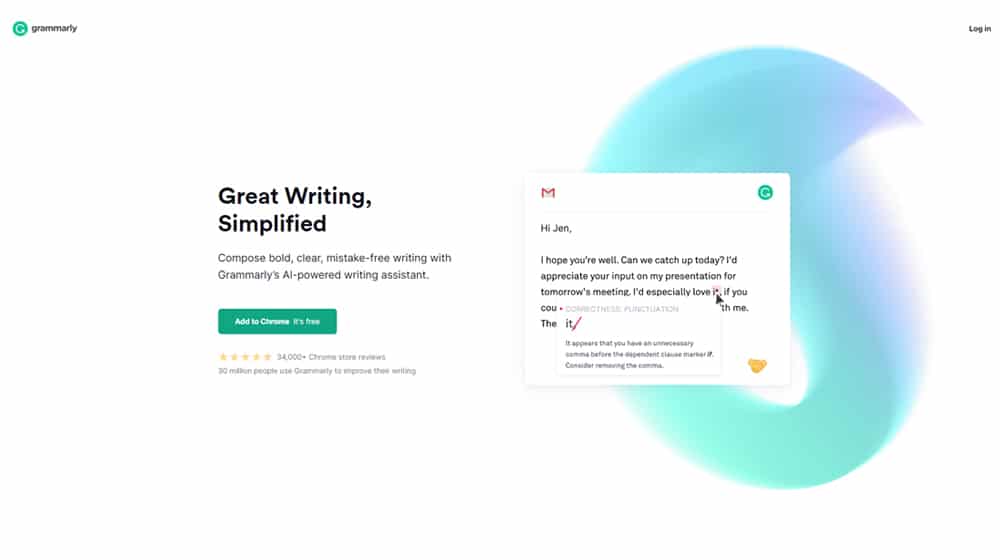
Grammarly, one of the industry standards for grammar checking, costs $140 per year. Copyscape, the go-to plagiarism detector, costs 3 cents for the first 200 words and 1 cent per 100 words after, making a 2,000-word blog post cost 21 cents to search. Advanced SEO tools to optimize your articles, such as Marketmuse or Clearscope, are between $80-180 per month. Then, of course, somebody needs to be using these tools properly, as well as carefully reading each of your posts from start to finish to clean up the article.
All manner of advanced marketing and SEO tools can be added to this, and they can cost anywhere from $30 to $300 per year, each. These costs add up!
Fact-Checking
Another consideration is fact-checking. As I mentioned with that AI bit above; content can look perfectly valid and still be wrong. It might be biased on the part of the writer. It might be completely unintentional misinformation. Without running your content by an expert, or being an expert yourself, you have no way of knowing one way or the other.

Fact-checking is a tricky proposition for a blogger. It can be very important, but it can also run counter to your desires. A blog in a health niche might want to avoid fact-checking when talking about supplements that have no defined benefits, just traditional stories, for example. It's a fine line to tread, and it's one that content creators need to walk very carefully. After all, with Google's "Your Money or Your Life" update, they've started to care about facts as well as keywords.
Formatting and Uploading
When you blog, who handles publishing?

I've seen three different schools of thought:
1. In the first, you hire a writer to produce content for you, but you handle everything else. You do the formatting, you do media, you upload, you handle metadata and SEO optimization, you handle managing your CMS, and so on. That's fine, but it's a multi-hour job, depending on how much work you're putting into each post and how thorough you are. See the "1-2-3" fancy icons in this paragraph? Are you doing things like that? Are you embedding a call to action to steer them towards sales? Are you manually reviewing outbound links and adding the rel="nofollow" tag to them where appropriate?
2. The second, you hire a team. You guide your overall content plan, but you hire someone to do the writing, you hire someone to handle the media, and you hire someone to handle publishing. It can be tricky to get a team set up to your standards, but once it gets up and running, it's a major time saver. It's more expensive, though, and can even be the most expensive option.
3. The third option is to outsource it all. You might keep overall creative control, but everything else, from the topic research to the publishing, is handled by your content marketing agency. This is largely what I do for my clients (though they handle promotion, generally) and while it can be an expensive option, it can still be cheaper than setting up your team, especially since mine is well-oiled and ready to go.
For more reading on which to choose, you can read my article on that subject, here.
Images and Media
Speaking of images, who handles your images? Where do they come from? Creating images, gifs, and other media costs money, and so does licensing that media from stock photo sites or asset libraries that charge fees. If you're trying to go with creative commons (i.e. free) images, you'll need to spend time looking for some that fit your posts.
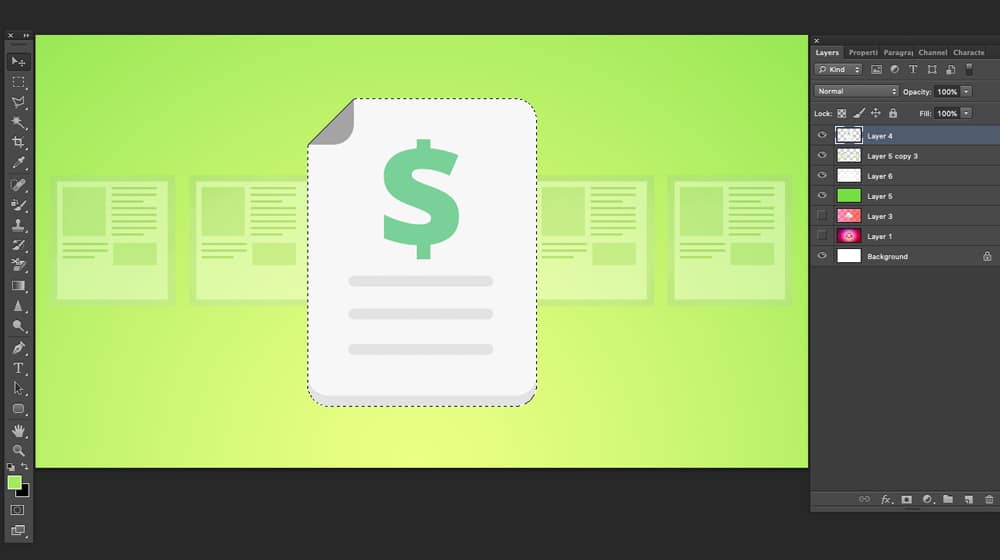
You can't just ignore media, either. Multimedia is such an important part of the modern web experience that a site that doesn't have it is automatically suspect.
Promotion and Marketing
Promoting your content, marketing your blog, building backlinks, performing outreach; all of this costs money. It costs time, too. You might be paying for tools to help you do it faster, or you might be doing it on your own and spending more time doing it, or you might hire someone who has tools and processes of their own.
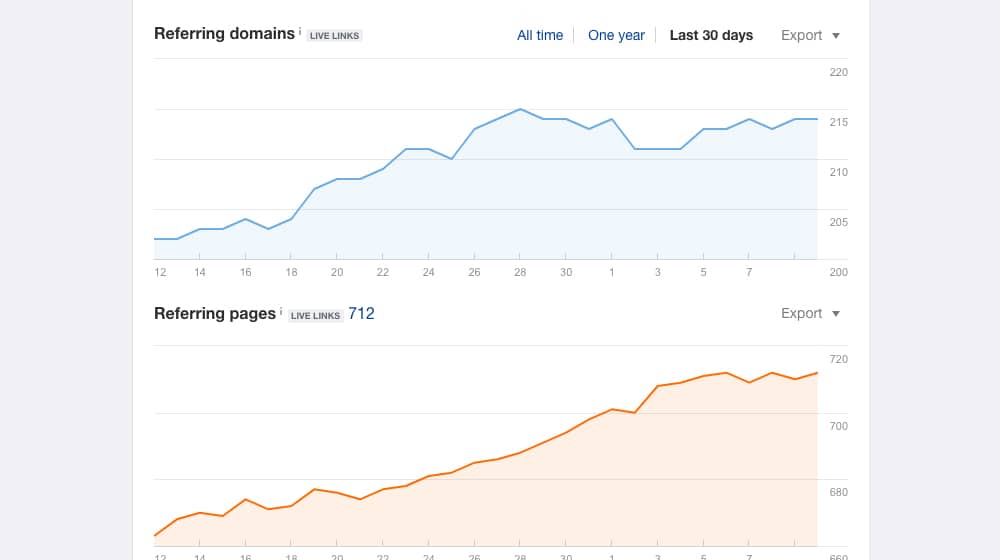
Plus, there's always the direct cost of advertising through pay-per-click channels. Promotion can be one of the largest money sinks in blogging.
Site Maintenance and Upkeep
Keeping a blog running is also an ongoing cost. You have annual domain registration fees. You have the cost of web hosting. You have the cost of paying for maintenance or updates to things like your framework, themes, and plugins. You have the cost of the time you spend making sure your site is up to date, your security is patched, your data is secure, and so on.
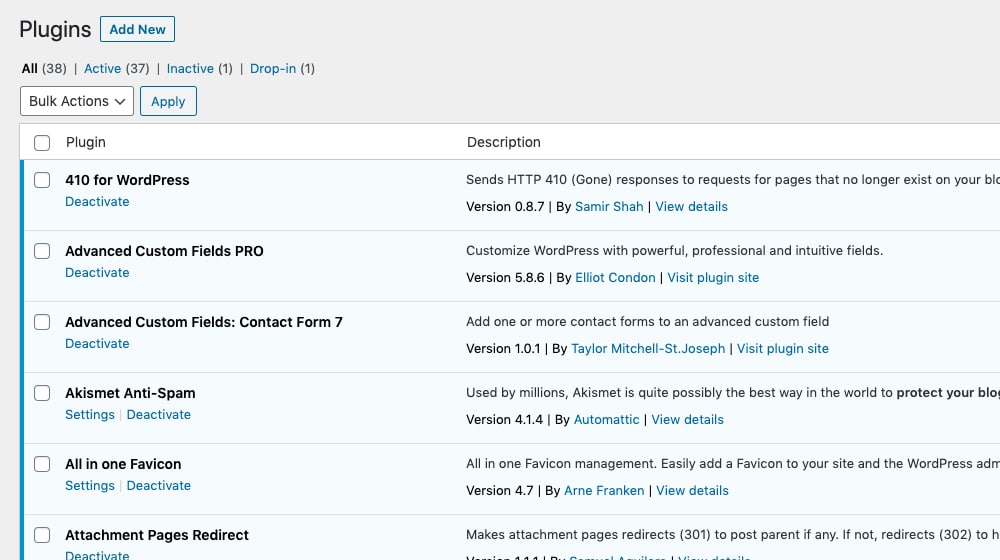
I'm glossing over the last two here because they aren't strictly part of blog posts. You typically won't be paying a contractor to both write your blog posts and maintain your website plugins. You might have a developer on staff as well, or hire a developer as a contractor, but that's another aspect of site ownership entirely.
DIY Alternative Costs
I've mentioned a couple of times that there's one equation that rules all: time. Time is money, and it's also the single biggest hidden cost in blogging.
How much do you value your time? As a site owner, how much would you pay yourself, if you drew a salary? How many hours do you work?

Remember that every hour you spend working on your site is an hour you could have spent working on something else. An hour you spend writing a blog post is an hour you could have spent building a new connection with a new potential customer. Which is more valuable to you? Which would you rather pay to have someone else do for you?
It's an admirable goal to attempt to DIY your blog. Many people manage it. I simply happen to know firsthand how difficult it can be, especially as your blog and as your business grows. By the time you need to bite the bullet and hire someone to take the workload off your shoulders, you'll be working 18 hours a day, and still won't have enough time on your hands.
How Much Should You Spend?
Since pricing can vary so drastically between freelancers and agencies, I'll break this down into "low, medium, and high" price points.

After speaking with thousands of businesses and reviewing hundreds of competitors, here's what you can expect:
- The widely-cited figure of $100 per blog post is a fine starting point, if all you want is mediocre, baseline, 1,000-word blog posts about the most surface-level topics.
- For solid mid-range services, many of which are mentioned throughout this site, you'll get closer to the 2,000-word count range for blog posts. These are usually around $300 per article, on average. You'll still have to research topics yourself, and you'll largely be responsible for most of the work, such as formatting, optimizing, and promoting your blog posts. You'll also be responsible for your blog images - unless the company buys a few generic stock images for you.
- For high-end services from experts with a proven track record, you're getting up to the $500 to $1,000 per post price point. A former ghostwriter for Neil Patel, and a friend of mine, said that he was paying $1,200 per blog post. Some larger B2B businesses are paying over $2,000 per blog post. These services are more expensive per post, but a single blog post can easily outperform 20 posts from some of these other services.
When it comes to blogging, you want to take the "quality over quantity" wisdom to heart.

I think writers, particularly experts in their subjects, should be paid a figure representative of their expertise. They are, after all, creating the lifeblood of your site. It's something that you're counting on for years worth of stable traffic, and millions of people will read your posts over the years.
Your articles should be legitimately helpful and benefit everybody who reads them.
I don't usually do this in my articles, but since we're on the topic, here it goes:
- It took about 3 hours to research and study the competing articles before deciding on this topic.
- It took about an hour to put together a basic outline and determine the points that I wanted to make.
- This article took about 6 hours to write, and it clocks in at close to 3,000 words.
- It took another couple of hours to proofread, grammar check, and optimize the post.
- It took another hour to add internal links and format the article with icons, snippets, special tags, and so on.
- It took my graphic designer a couple of hours to create the images in Photoshop.
- It took another 30 minutes to track rankings for multiple keywords, set a custom call to action, and schedule the post.
- It took another hour to give the article another read-through and write little last-minute bits, like this one.
This article took over 16 hours to create so far, and this isn't even taking into account every part of the process - note-taking, communication with my team, content calendar organizing, image optimization, promotion, and so on. The clock is still running, I'm still typing, and this post isn't published yet because I'm stressing a point:
Every blog post should be aimed at fitting one of the primary types of blog posts, usually evergreen content. Evergreen content only succeeds when it's exceptional, and even then, it forms a strong foundation from which a site can grow.

If you've read any of my other articles, you'll know I love my blogging analogies.
Every blog post is a dart that you throw at the board, and sooner or later, you'll hit the bullseye. The more you focus on finding talented individuals to help you, the better your darts, the better your throws, and the larger the bullseye.
Whatever you choose, you don't want to cheap out. If you're throwing 20 darts to get a bullseye, your content may not be cheaper after all.
How much do you pay per blog post? Have you used one or more writers? Have you paid a blog manager or writing service in the past? Let us know how your experience has been in the comments below! I answer every constructive comment on this blog and would love to hear from you.










May 28, 2021
James, this is one of the best articles I've read on this subject, kudos! I was planning on outsourcing the writing and doing the rest myself but I vastly underestimated the work involved, especially doing it at a level where I can expect to compete.
Is it uncommon to find bloggers that have multiple skillets like these and can sort of "do it all"? Or is that not realistic?
Thank you,
Michelle
May 28, 2021
Hey Michelle!
I appreciate that, thank you!
It's certainly possible, there are plenty of bloggers who also know at least some SEO fundamentals and image creation techniques.
Editing and blogging usually go hand-in-hand, though all writers make mistakes and it's nice to have a second set of eyes on the content.
You can probably do an editing pass yourself - always read an article from start to finish at least once or twice before publishing it.
I think it's difficult to scale when you have a one-person team. If you're producing a smaller amount of blog posts every month, I can't see your writer getting too overwhelmed, but if you wanted to scale, they could get burned out quickly. It all comes down to the individual - some people are talented at many things, others pick a specialty and stick with it.
My advice is to be picky with your content quality and fully read every article that you publish on your site.
Good luck on the search!